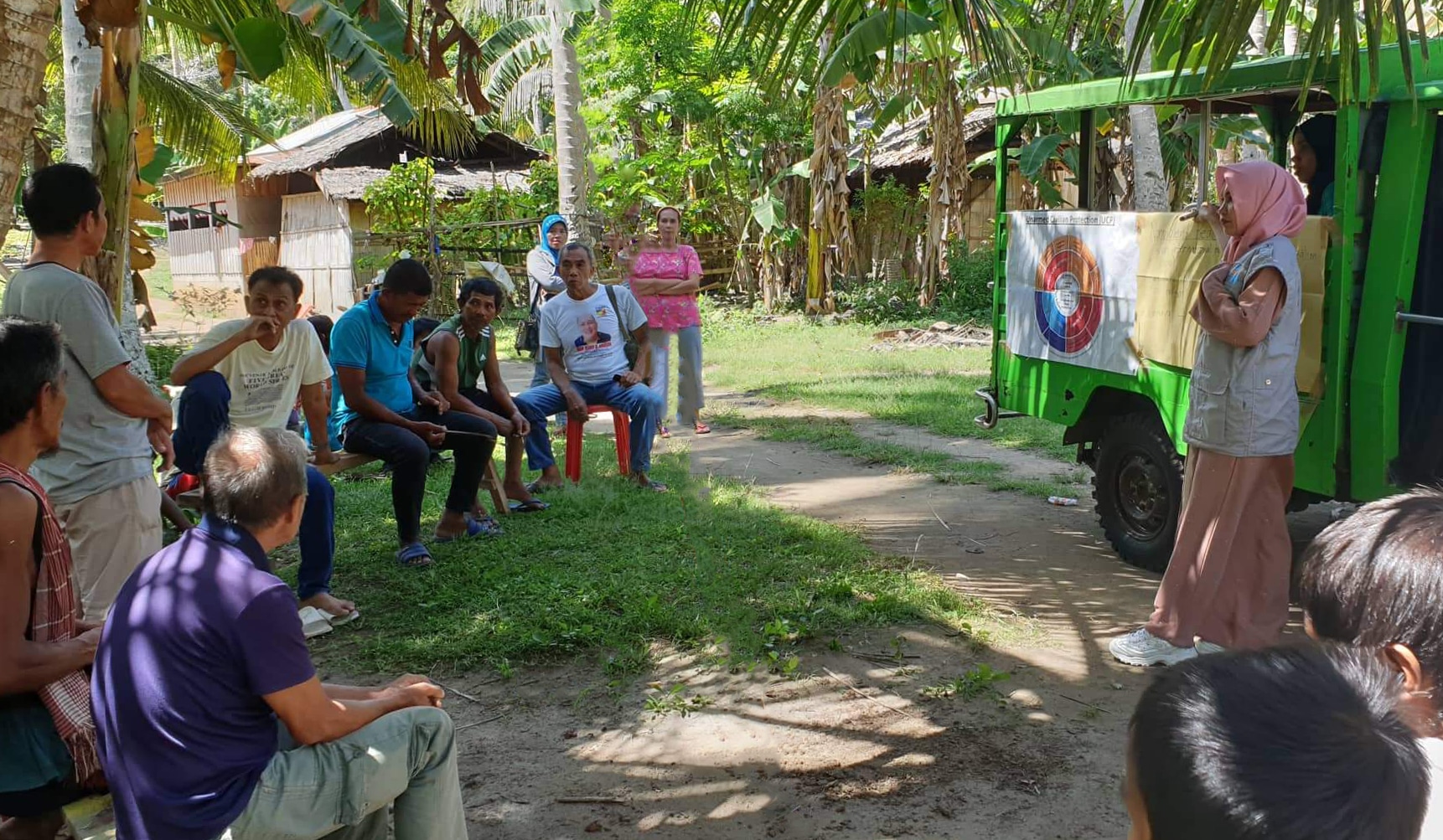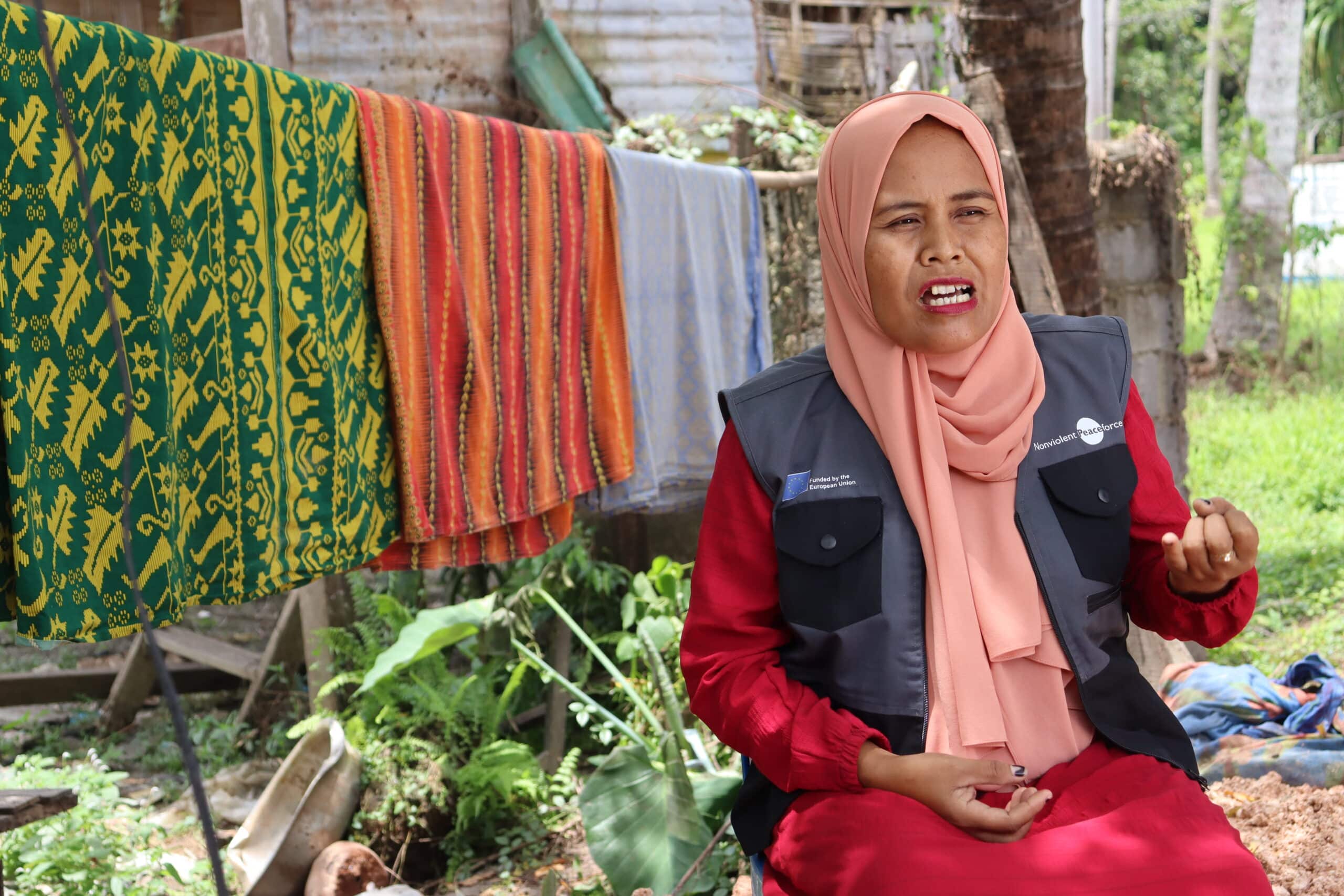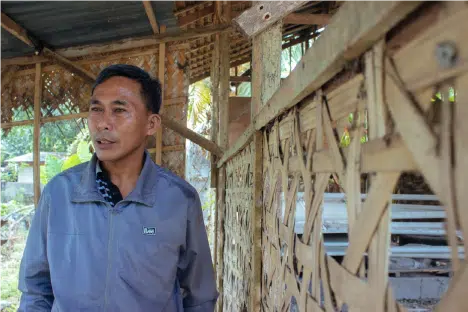Philippines

The need for protection in Philippines
Mindanao has endured decades of conflict rooted in injustice, poverty, and the struggle for self-determination. The Bangsamoro and Indigenous Peoples have borne the heaviest costs, facing discrimination, displacement, and violence. Fighting between the government and Moro groups since the late 1960s led to the 2014 Comprehensive Agreement on Bangsamoro, but peace remains fragile. Clashes between armed groups, clan conflicts that turn violent, and widespread firearms continue to threaten communities. Notably, the 2017 Marawi siege displaced hundreds of thousands, many still waiting to rebuild their lives.
Indigenous communities face cultural erasure alongside insecurity. Since the 1970s, many have identified as “Lumad,” but state narratives now link this identity to insurgency, endangering leaders and educators defending ancestral lands and traditions. True protection cannot rely on policies alone—it must be rooted in local leadership, cultural respect, and solidarity with all working for peace and dignity in Mindanao.
NP’s work in Philippines
In the Bangsamoro region, decades of conflict have left deep scars. Yet communities are choosing a different path built on dialogue, courage, and collective care. Walking with them on this journey is Nonviolent Peaceforce:
- When civilians, local leaders, or organizations face threats, NP provides protective accompaniment, so no one stands alone. We have walked with survivors of hostage-taking and conflict-related violence as they return home, ensuring their first steps back to safety are not taken in isolation.
- NP helps uphold the peace process by monitoring compliance with ceasefire agreements, reporting violations in coordination with trusted local officials. We also create safe spaces where communities, traditional and religious leaders, women’s and youth groups, and civil society can come together to share, listen, and build solutions rooted in local realities.
- Through training in Unarmed Civilian Protection, NP supports local leaders and organizations in developing tools so communities can protect themselves and reduce violence before it escalates.
- NP also helps communities establish early warning and early response systems, so they can identify and address risks quickly and effectively. As part of the Joint Normalization Committee’s Program on Small Arms and Light Weapons, NP engages communities in conversations about disarmament and nonviolence, encouraging a shared commitment to lasting peace.
Read more about our work in the Philippines.
The future of NP’s work in the Philippines
Nonviolent Peaceforce’s in the Philippines aims to grow understanding and practice of Unarmed Civilian Protection. By raising awareness and building support locally, regionally, and nationally, NP helps more people see that communities themselves can play a direct role in preventing violence and keeping each other safe.
To make this vision real, NP continues to train community members in practical, nonviolent methods of protection. This ongoing support helps local leaders and residents build confidence, share what they learn with neighboring communities, and sustain protection efforts even after NP teams' step back.
Strengthening and spreading Unarmed Civilian Protection brings us closer to a shared goal: a safer Mindanao and a stronger culture of peace where communities are not just recipients of protection, but active protectors of one another.

“NP really helped us a lot in our problems ... Once we report our concerns to them, they will immediately respond.”
Make a Gift Now



